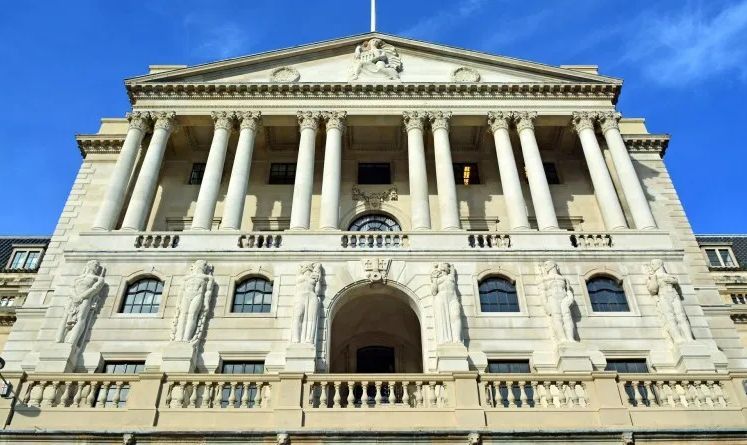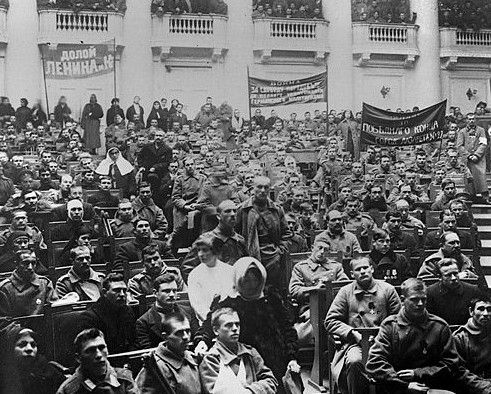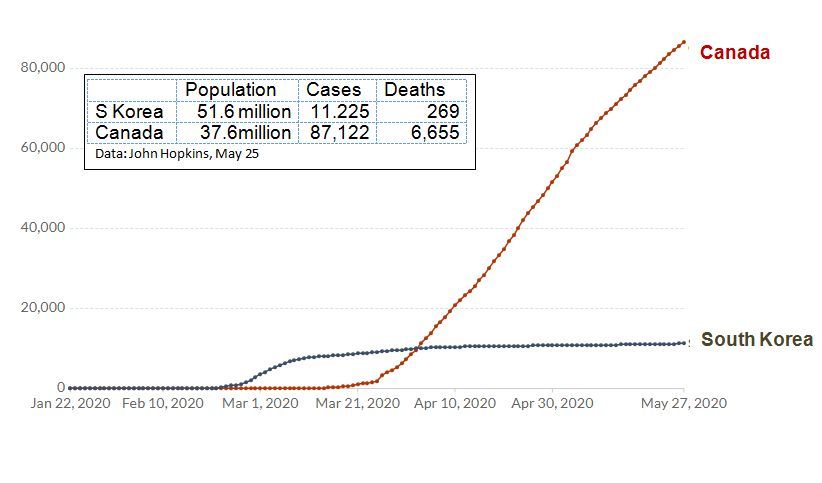Connor Rosoman is a member of Socialist Alternative (England, Wales & Scotland).
No solution for workers and young people
The summer statement by Tory Chancellor Rishi Sunak has promised a new round of public spending, with up to £30bn announced to “Support, Create and Protect” jobs. The statement announced some big numbers, with billions being spent on various separate schemes, but will this be enough to tackle the crisis facing workers in Britain?
Moving out of furlough
The hospitality and tourism industries have been in crisis throughout the pandemic, with almost all services shutting down from March-July. In order to prevent a mass wave of layoffs following these closures, the government was forced to put in place the furlough scheme to retain jobs during the pandemic. But in October, the scheme – currently supporting 9.4 million workers – will be wound down, reviving fears of mass layoffs. The government has responded by a business incentive of a £1,000 bonus for each worker they retain until January. This has been coupled with a subsidised “eat out to help out” discount at restaurants, and a Value Added Tax (VAT) holiday until January, cutting VAT from 20% to 5% for food, accommodation and attractions to boost profits.
As a major part of the service sector, which accounts for 80% of GDP, further damage to these industries would severely impact the UK economy. These measures aim to prevent closures on the scale initially predicted. But with many businesses still expected to close permanently despite these measures, the latest announcement will be little consolation for workers still facing job losses.
Overall, workers in all industries will find relatively little promised to them in the summer statement. The tax cuts and support packages are measures overwhelmingly aimed at helping business owners. Meanwhile, millions of working class people have been expected to put up with a 20% pay cut since March. Government support for workers in other vulnerable industries such as manufacturing was noticeably absent from any of the new plans. Those that own homes will feel the benefit of the scrapping of stamp duty, but there is still very little support for renters – many of whom will be preparing for evictions to resume next month.
Youth unemployment
Young workers, largely concentrated in the most vulnerable sectors of the economy, have been some of the most affected by closures, layoffs and unemployment. They will be receiving a support package of their own in the form of the Kickstart scheme. £2bn has been pledged to create temporary job placements for 350,000 people under the age of 25 on Universal Credit.
Participants in the Kickstart program can expect to be paid minimum wage, and work 25 hour weeks. At an estimated £820 per month, per participant, this falls short of even the average UK rental costs at £886 per month. Without a real living wage, the program will be unable to secure a decent standard of living for young people. And after the 6 months are up, participants may find themselves back in unemployment.
The Treasury will be providing 200,000 placements, stopping far short of what is needed to provide for the 700,000 students coming out of education this summer, the 500,000 young people currently on unemployment related benefits – a rise in itself of 250,000 from March-May, and thousands more facing layoffs in the coming months.
A green recovery?
One of the largest spending packages announced was over £3bn aimed at a “green recovery.” This will include £2bn in funding for home insulation, £1bn to improve public sector building energy efficiency, and £50 million toward ‘decarbonising’ social housing. Sunak estimates that this will support 140,000 green jobs.
The “green recovery” has been linked to a target of net-zero emissions by 2050. In 2018, the UN’s Intergovernmental Panel on Climate Change (IPCC) said we have 12 years to avoid a climate catastrophe. With just over 10 years to go, a target of 2050 will be understood by young people and climate activists as totally insufficient. Even when compared to the amounts spent recently on similar schemes by other capitalist countries such as Germany (£36bn) and France (£13.5bn) – and even these schemes are far from enough the UK is woefully far behind.
Tory “New Deal”
The summer statement is a continuation of the increased spending seen from the Tory government in recent months, in an attempt to pull the economy back from a historic world economic downturn triggered by the Covid lockdown. The effects of lockdown were illustrated in Britain when the Bank of England reported a 20.4% fall in GDP in April. To put this in perspective, during the great recession in 2008, GDP shrunk by no more than 1% in any given month.
Recent Tory slogans about a “New Deal” reflect a turn toward the “Keynesian” economic policies of the 1930s, exemplified by US President Franklin Delano Roosevelt’s original “New Deal.” This involved similar forms of state funding and job creation, although the Tories plans are far more modest. In recent months, the bourgeois press and right-wing Trade Union leaders have praised the sort of spending plans announced by the Chancellor as the result of him being more “sensible” or generous than previous Tory chancellors who enforced vicious austerity. In reality these measures, and similar measures worldwide, have not come as the result of a sudden epiphany among neoliberal governments. Capitalist governments have in fact been forced from below to defend jobs to prevent social upheaval and a working class backlash. The measures provided have been the bare minimum, barely staving off total collapse in order to maintain stability.
At the same time, such measures have been coupled with a ramping up of the pace of reopening businesses in an attempt to restart economic activity. The government understands the risk of a 2nd wave as a likely result of a hasty reopening, but has shown itself willing to put profit before people’s lives. Meanwhile, they have sought to blame the rest of us for the recent spread of Covid-19. This was shown starkly by Johnson’s recent remarks blaming the spread of the pandemic in the care sector on care home staff not “following the procedures.” In reality, it is issues like the lack of PPE and casualised workers in unsafe conditions, without guaranteed full sick pay, that has led to the disastrous situation facing social care. Despite cynically clapping with people across the country just a few months ago for “heroic” health and care staff, figures such as Sunak and Johnson have shown they are no friends of working people.
History tells us that any concessions won against the capitalist class will be taken back at the earliest opportunity. The government is expecting to do the same as we move out of the pandemic, with Sunak planning to “put our public finances back on a sustainable footing.” This will mean the withdrawal of the measures passed in recent months that have supported working class people throughout the early stages of this economic downturn, and a new wave of cuts.
The system is sick – capitalism has no solution
The measures announced in the latest statement will undoubtedly come as a relief to many workers, but for thousands of others, their limitations will be felt on a personal level through job losses and increasing financial hardship. Every job lost as a result of this crisis should be placed at the feet of the Tory government who have mismanaged the crisis from day one, and ultimately of the capitalist system they defend, which is failing globally to provide working people with a secure future.
The gap between the scale of measures needed in the current period, and the ones announced so far, highlights how far capitalism is from being able to solve the problems it faces. Much more than the limited state interventionism the ruling class has been forced into this year, we need nothing short of revolutionary change to truly tackle this crisis.
Companies threatening layoffs should be taken into public ownership to defend jobs, alongside the big banks and monopolies, under workers control and management. This would open the way for a democratically planned socialist economy that could guarantee full employment, a living wage and a genuine green recovery.



